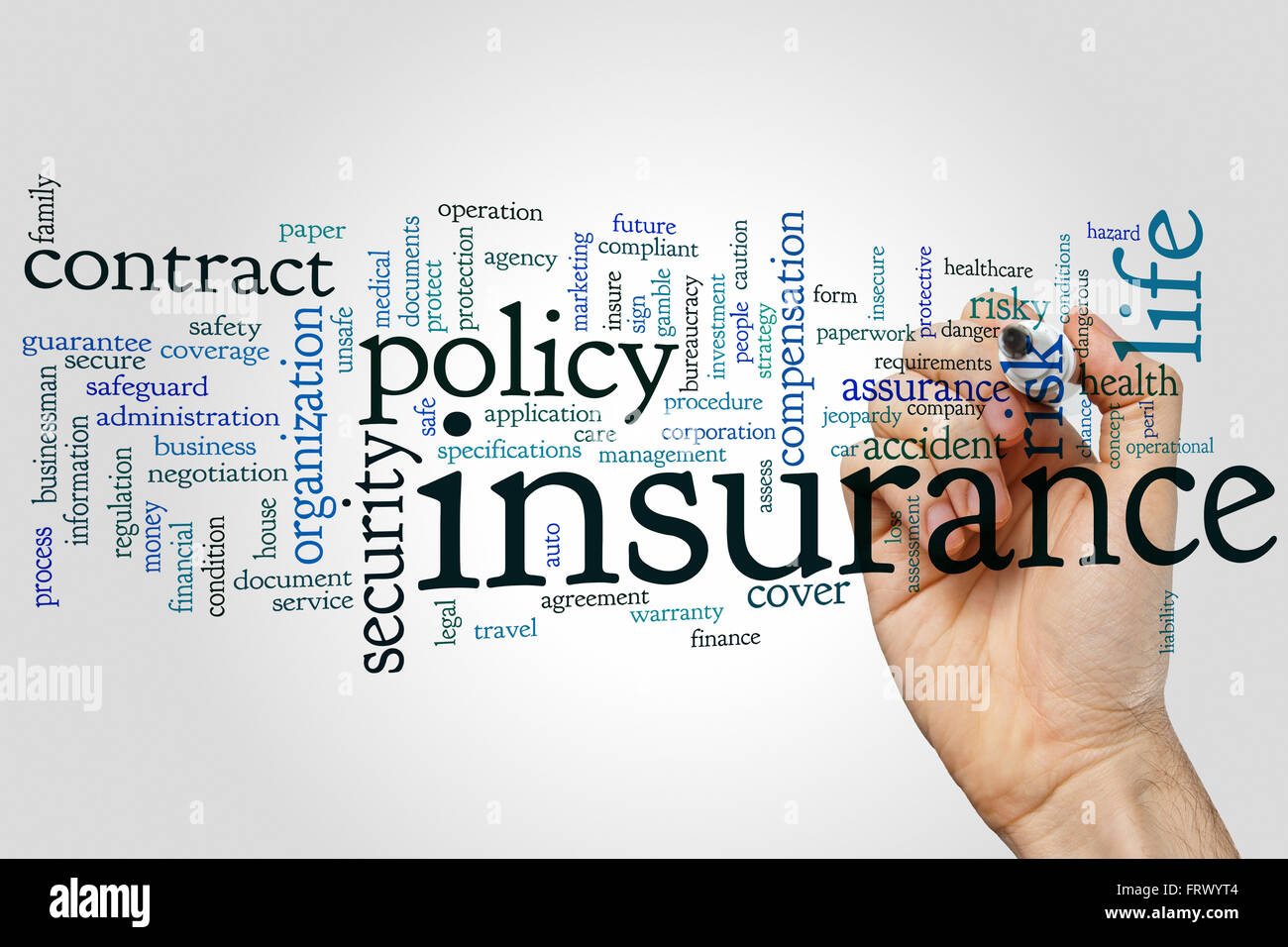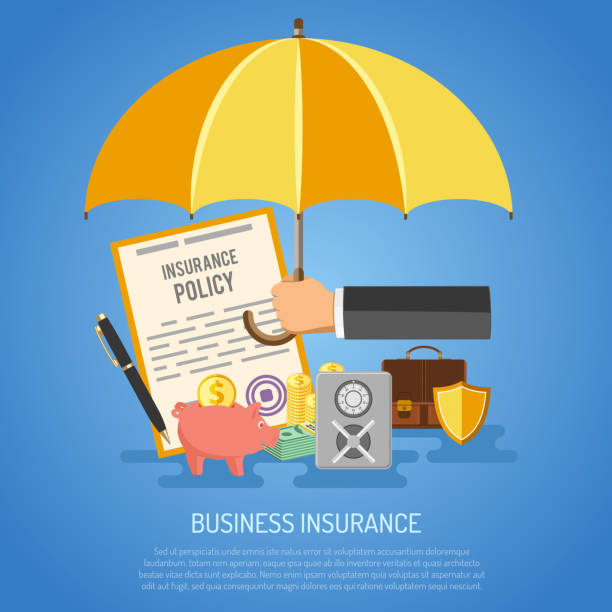
Home is where the heart is, but it’s also where we invest our time, money, and memories. It’s the place we come back to after a long day, seeking solace and comfort. However, just as life is full of uncertainties, so too is the safety and security of our haven. That’s why it’s crucial to protect our homes with a reliable home insurance policy.
When it comes to safeguarding our property, we often think about securing our possessions from theft or damage caused by natural disasters. But home insurance goes beyond that – it provides a financial safety net, offering much-needed support when unexpected events disrupt our lives. Whether it’s a fire, a burst pipe, or a vandalized house, home insurance helps homeowners recover and rebuild, giving them peace of mind throughout the process.
Additionally, home insurance can cover more than just the physical structure of our homes; it can also protect our personal belongings. Imagine losing your cherished heirlooms, expensive electronics, or even essential furniture due to an unfortunate event. With the right home insurance in place, you can breathe a little easier, knowing that you’re financially protected against such losses.
While home insurance is undoubtedly important for homeowners, it’s equally vital for renters. Even if you don’t own the property, your personal possessions and liabilities still need safeguarding. Renters’ insurance can shield you from financial losses stemming from theft, damage caused by natural disasters, or even legal issues arising from accidents that occur within the rented property.
In the following sections, we will delve deeper into the intricacies of home insurance. We will explore different types of coverage available, understand essential terms and concepts used in the industry, and provide helpful tips for finding the right policy for your needs. So, let’s embark on this journey together and unravel the mysteries of home insurance, ensuring that our havens remain protected, come what may.
Understanding Home Insurance
Home insurance is a crucial aspect of protecting your haven and providing the security you need for your valuable assets. Whether you own a house or a condominium unit, having the right insurance coverage is essential. In the unfortunate event of a disaster or unforeseen circumstances, home insurance can provide financial relief and peace of mind.
There are several things you should know about home insurance. First and foremost, it typically covers both your physical dwelling and the contents within it. This means that not only is the structure of your home included in the coverage, but also your personal belongings such as furniture, appliances, and electronics.
Additionally, home insurance policies often provide liability coverage. This means that if someone is injured on your property or if you accidentally cause damage to someone else’s property, your insurance can help cover the costs associated with legal claims or medical expenses.
It’s important to note that home insurance is different from other types of insurance such as commercial auto insurance or life insurance. While commercial auto insurance focuses on protecting vehicles used for business purposes and life insurance provides financial support to your loved ones in the event of your passing, home insurance specifically safeguards your home and its contents.
In our next section, we will delve deeper into the different types of home insurance policies available and how to choose the one that suits your needs best. Stay tuned!
Choosing the Right Coverage
When it comes to home insurance, selecting the proper coverage is crucial. Ensuring that your policy adequately protects your haven is essential for peace of mind. To make an informed decision, consider these factors:
-
Evaluate Your Needs: Begin by assessing your unique requirements. Take into account the type of property you own, its value, and any specific risks associated with it. For example, if you reside in an area prone to natural disasters, such as floods or earthquakes, consider additional coverage to safeguard against such events.
-
Understand Types of Coverage: Familiarize yourself with the different types of home insurance available. Standard policies typically offer coverage for your dwelling, personal property, liability, and additional living expenses. However, there may be specific features, such as flood or earthquake insurance, that require additional consideration depending on your circumstances.
-
Compare Quotes and Policies: Obtain quotes from multiple insurance providers to compare coverage options and premium rates. Keep in mind that the cheapest policy may not always be the most suitable for your needs. Look for a reputable insurer with a history of excellent customer service and prompt claims handling. Take the time to carefully review the terms and conditions of each policy to ensure you fully understand what is covered and any exclusions that may apply.
By carefully evaluating your needs, understanding the different types of coverage, and comparing quotes and policies, you can choose the right home insurance coverage to protect your haven effectively. Remember, investing in the right insurance coverage now can give you peace of mind and help you avoid financial hardships in the future.
Benefits of Life Insurance
Life insurance is an essential financial tool that provides incredible benefits for individuals and their loved ones. By securing a life insurance policy, you can ensure that your dependents are protected and financially secure in the unfortunate event of your passing. Here are three major advantages of having life insurance:
-
Financial Security for Loved Ones: One of the primary benefits of life insurance is that it offers a sense of financial security to your loved ones after you are gone. The death benefit provided by life insurance can help cover various expenses such as mortgage payments, outstanding debts, or even daily living expenses. This can alleviate the burden on your family during an already difficult time, offering them peace of mind and stability.
-
Estate Planning and Inheritance: Life insurance can be a valuable tool in estate planning, especially for individuals with considerable assets. By naming beneficiaries in your life insurance policy, you ensure that your loved ones will receive a tax-free payout, allowing for a smooth transition of your estate. This can help preserve your legacy and ensure that your beneficiaries are well taken care of in the long run.
-
Supplemental Retirement Income: In addition to providing protection to your loved ones, some types of life insurance policies can also serve as a means of building cash value over time. Permanent life insurance policies, such as whole life or universal life insurance, accumulate cash value that can be accessed during your lifetime. This cash value can be used as supplemental income during retirement or for other financial needs, providing you with added flexibility and security.
In conclusion, life insurance offers a range of benefits that can help protect your loved ones and provide financial security both now and in the future. By considering the advantages of life insurance and choosing a policy that suits your needs, you can create a strong foundation for your family’s well-being and peace of mind.





